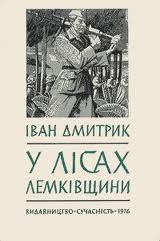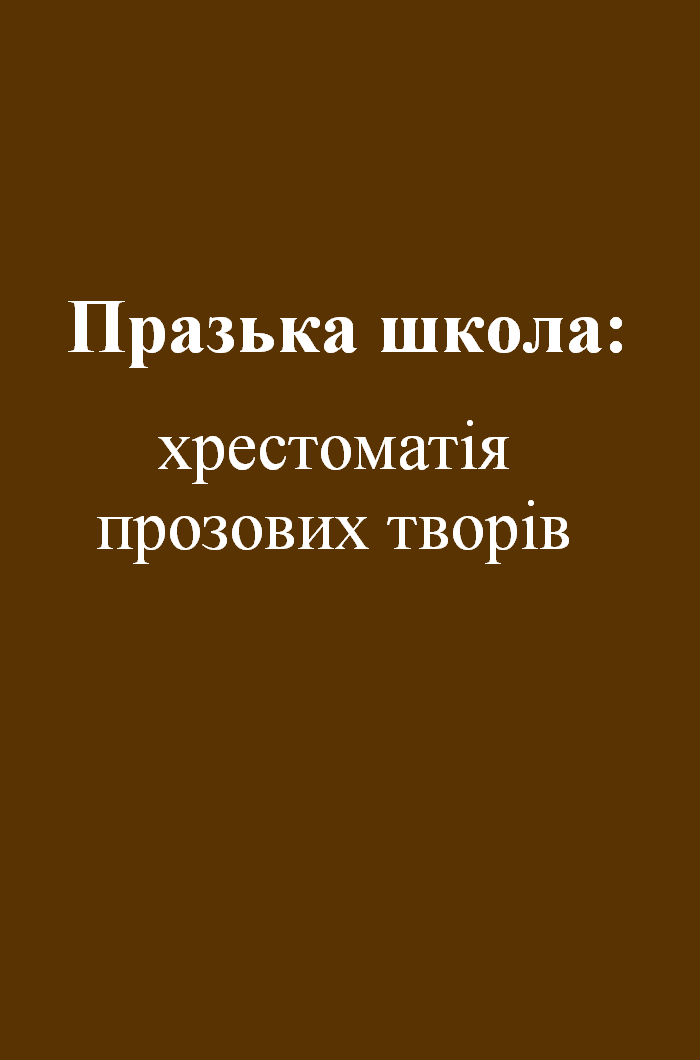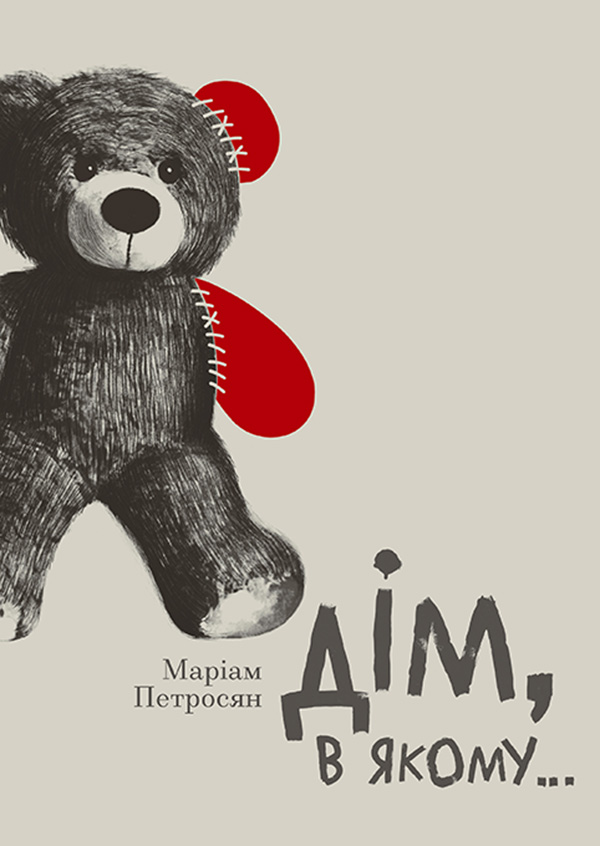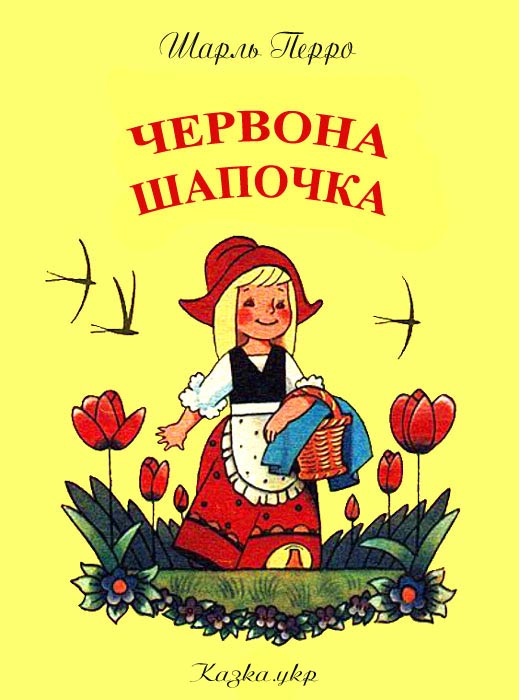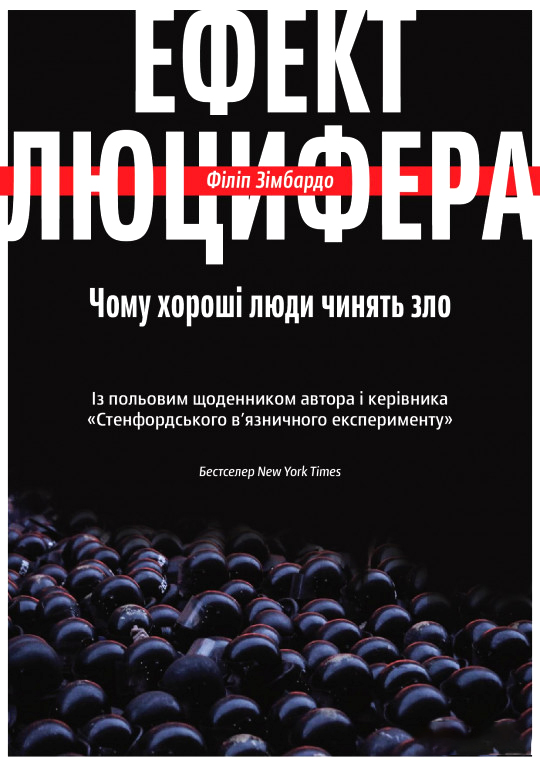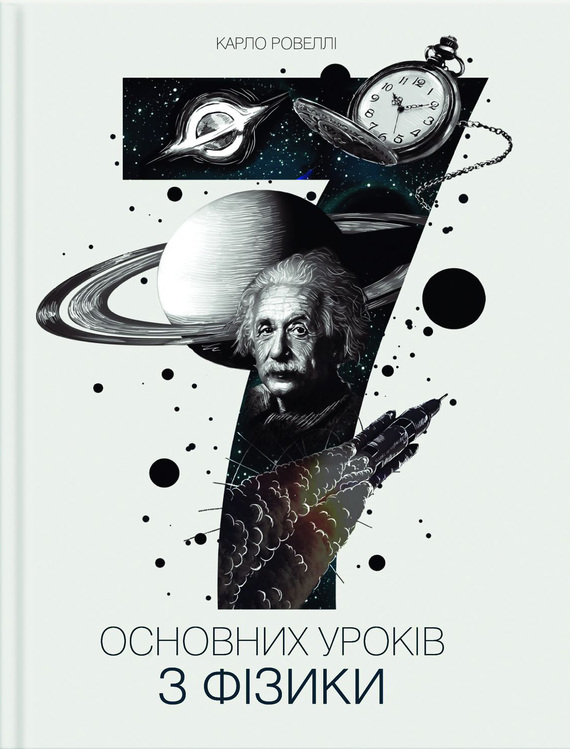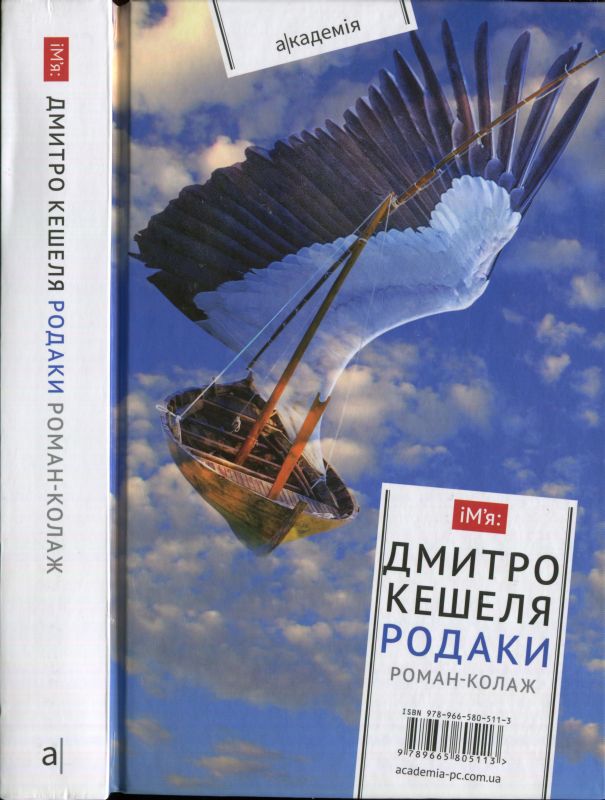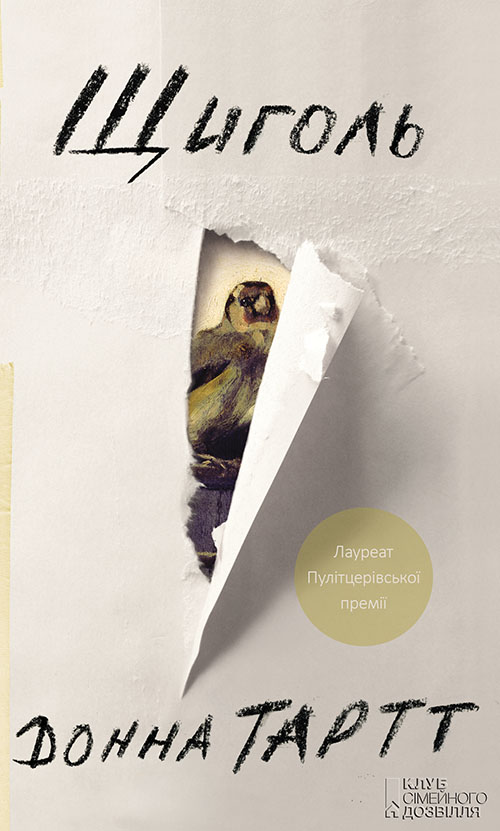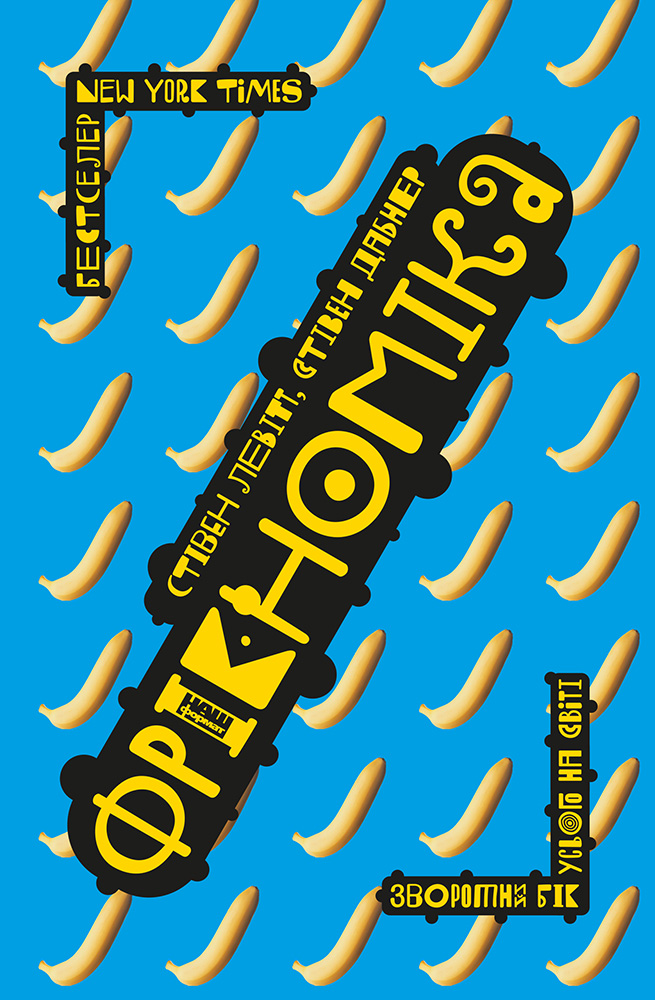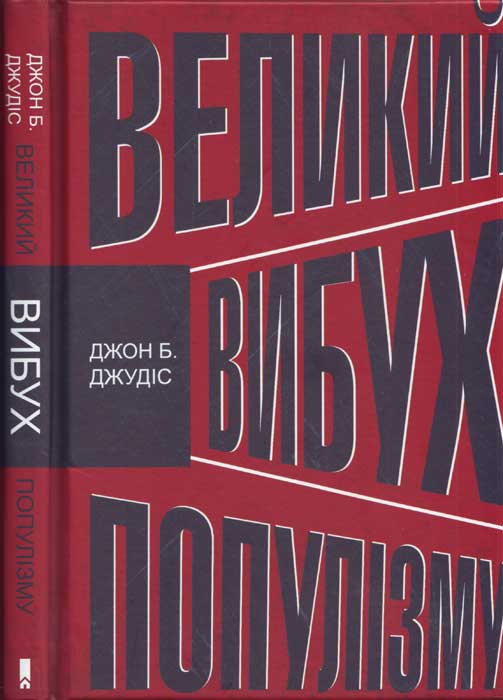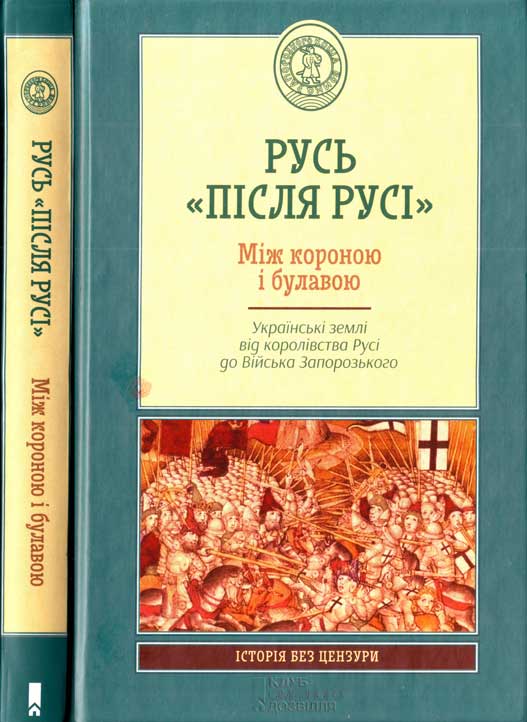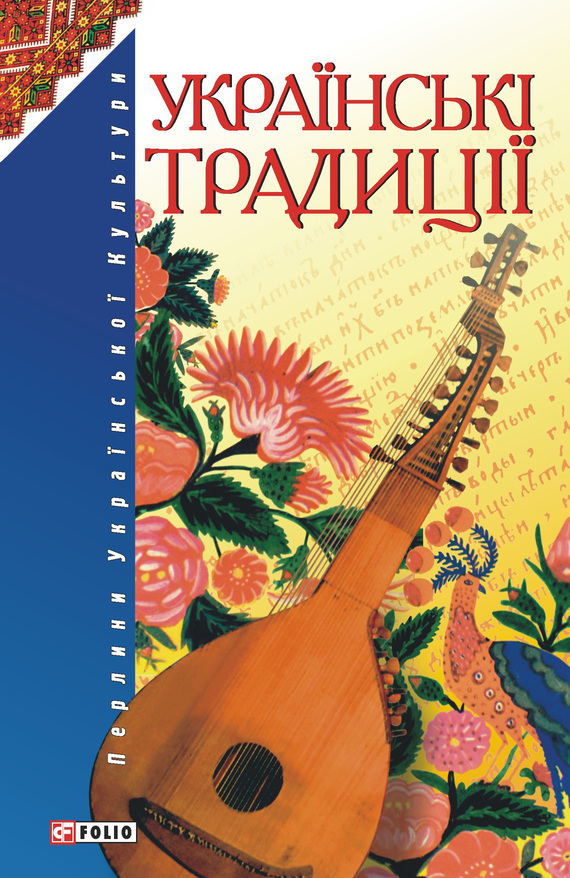Читати книгу - "Genghis Khan and the Making of the Modern World"
Шрифт:
Інтервал:
Додати в закладку:
In another innovation, he ordered that a soldier’s share be allocated to each widow and to each orphan of every soldier killed in the raid. Whether he did this because of the memory of his own mother’s predicament when the Tatars killed his father, or for more political purposes, it had a profound effect. This policy not only ensured him of the support of the poorest people in the tribe, but it also inspired loyalty among his soldiers, who knew that even if they died, he would take care of their surviving families.
After routing the Tatars, some of Temujin’s followers ignored his order against individual looting, and he demonstrated how serious he was about this reform by exacting a tough but appropriate punishment. He stripped those men of all their possessions and deprived them of the goods seized in the campaign. By controlling the distribution of all the looted goods, he had again violated the traditional rights of the aristocratic lineages under him to disperse the goods among their followers. The radical nature of his reforms angered many of them, and some deserted him to join the forces of Jamuka at this point, further drawing a line between the higher-prestige lineages and the common herders. Again, he had shown that rather than relying on the bonds of kinship and tradition, members of his tribe could now look to Temujin for direct support; with this move, he greatly centralized the power of his rule while at the same time strengthening the commitment of his followers.
Despite the minority discontent from within the Mongol ranks, Temujin’s new system proved immediately effective. By postponing the looting until the end of the campaign, Temujin’s army amassed more goods and animals than ever before. But the new wealth system also posed a new problem; the Mongols had not only defeated the Tatars, they had also captured almost the entire army and all the civilians.
In traditional steppe systems of thought, everyone outside the kinship network was an enemy and would always be an enemy unless somehow brought into the family through ties of adoption or marriage. Temujin sought an end to the constant fighting between such groups, and he wanted to deal with the Tatars the same way that he had dealt with the Jurkin and the Tayichiud clans—kill the leaders and absorb the survivors and all their goods and animals into his tribe. Although this policy had worked with clans of hundreds, however, the Tatars were a tribe of thousands. For such a massive social transformation, he needed the full support of his followers, and to achieve that support he summoned a khuriltai of his victorious warriors.
The members of the khuriltai agreed to the plan, determining to kill Tatar males taller than the linchpin holding the wheels on a cart, which was not only a measure of adulthood but a symbolic designation of the nation itself, in much the same way that maritime people often use the ship as a symbol of their state. Once again, as a counter to the killing, Temujin wanted the surviving Tatars taken in as full members of his tribe, not as slaves. To stress this, he not only adopted another Tatar child for his mother, but also encouraged intermarriage. Until this time he had only one official wife, Borte, who bore him four sons and an unknown number of daughters, but he now took the aristocratic Tatar Yesugen and her elder sister Yesui as additional wives. The Tatars had had a much greater reputation than the Mongols, and after this battle, the Mongols took in so many Tatars, many of whom rose to high office and great prominence in the Mongol Empire, that the name Tatar became synonymous with, and in many cases better known, than the name Mongol, leading to much historic confusion through the centuries.
Intermarriage and adoption would not suffice, however, to achieve Temujin’s goal of merging the two large groups into one people. If kin groups were allowed to remain essentially intact, the larger group would eventually fragment. In 1203, therefore, the year after the Tatar conquest, Temujin ordered yet another, and even more radical, reformation of the Mongol army and tribe.
He organized his warriors into squads, or arban, of ten who were to be brothers to one another. No matter what their kin group or tribal origin, they were ordered to live and fight together as loyally as brothers; in the ultimate affirmation of kinship, no one of them could ever leave the other behind in battle as a captive. Like any family of brothers in which the eldest had total control, the eldest man took the leadership position in the Mongol arban, but the men could also decide to chose another to hold this position.
Ten
Увага!
Сайт зберігає кукі вашого браузера. Ви зможете в будь-який момент зробити закладку та продовжити читання книги «Genghis Khan and the Making of the Modern World», після закриття браузера.
